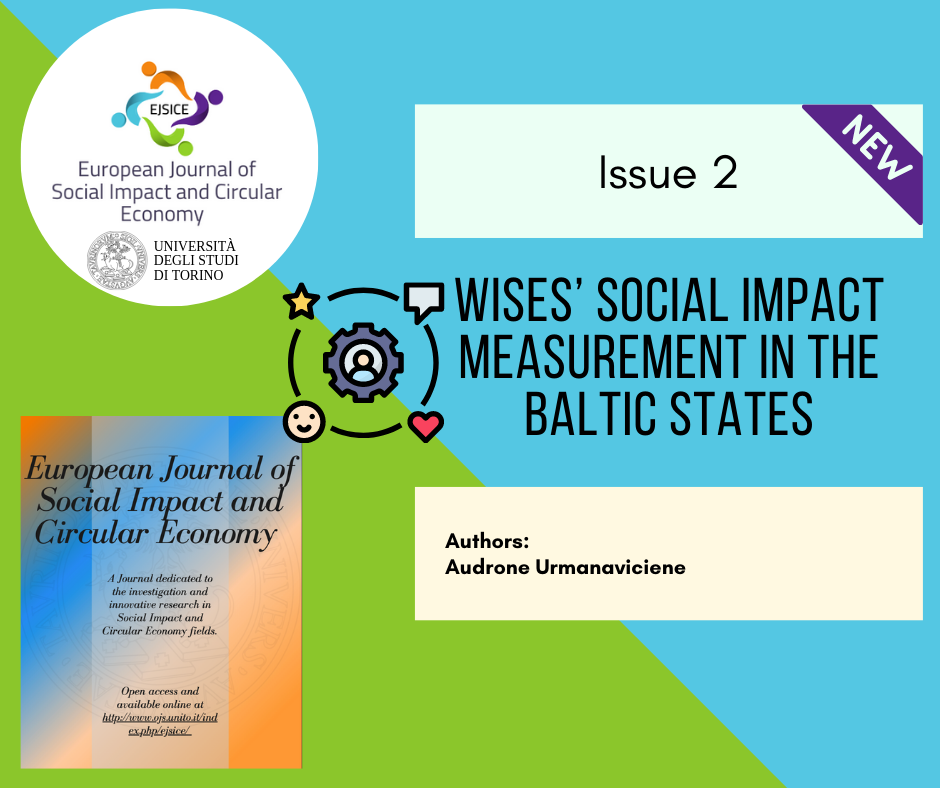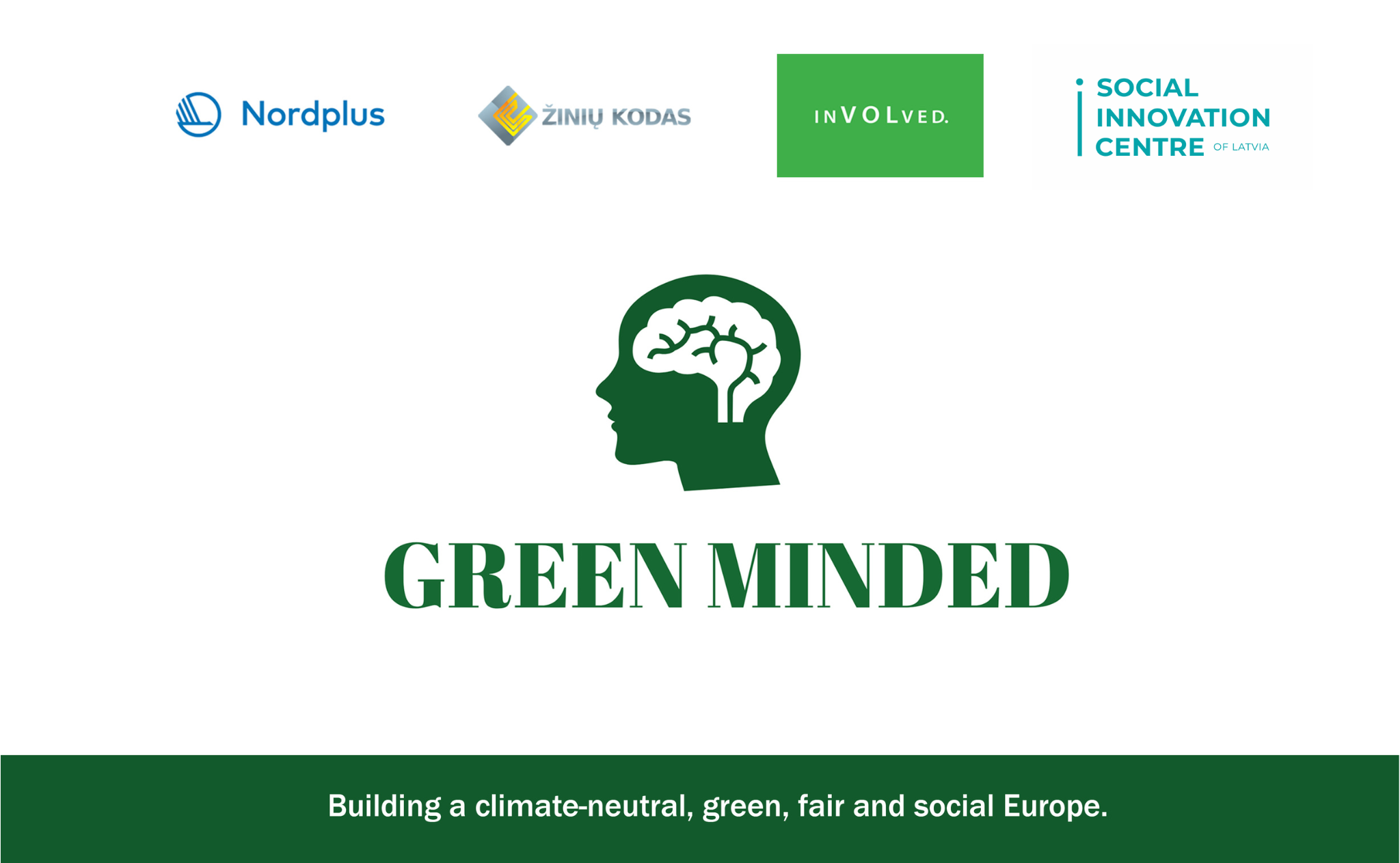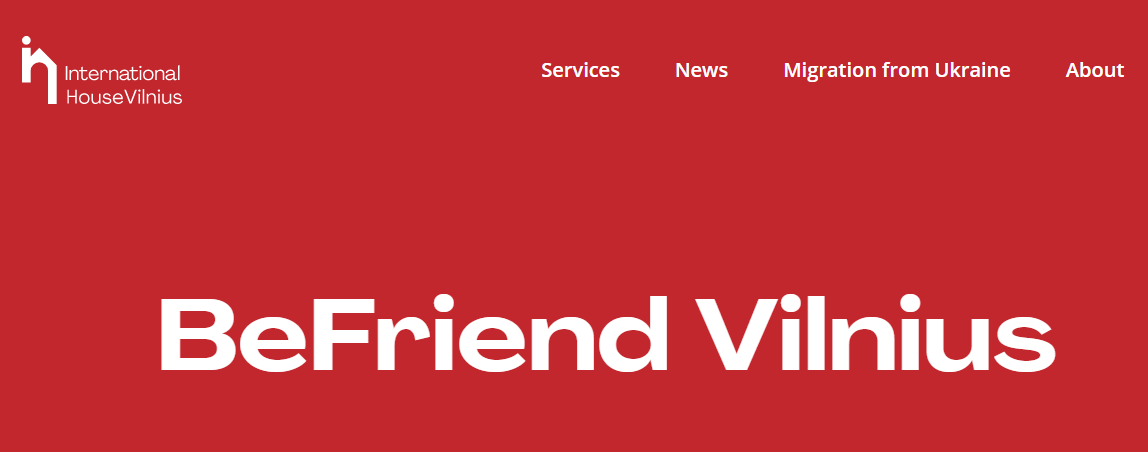WISEs’ Social Impact Measurement in the Baltic States
ABSTRACT
WISEs devote most of their time and resources to working with the target group – not only organizing their employment activities and developing skills but also adapting their work environment, improving the psychological climate, organizational culture, etc. Thus, the implementation of the social mission of this type of social enterprise requires a particularly large amount of time and other resources. In addition, they have to take care of the financial sustainability of their organization. However, WISEs as all social enterprises face the pressure from society and other stakeholders to measure their social impact. Nevertheless, it is also important to note that scientists still disagree on the definition of social impact. It is noteworthy that there are no common criteria for measuring social impacts and there are many different methods and tools for impact assessment and measurement (Arena et al. al., 2015; Hadad and Găucă, 2014). Thus, it remains unclear what and how WISEs should measure their social impact. However, it can be argued that social impact measurement it’s very important for the WISE itself. The aim of this article – to identify what and how WISEs should measure their social impact in the organization. The methods of the research are an analysis of scientific literature and experts’ interview. The results of the research disclosed the possible measurement framework and indicators.
Urmanaviciene, A., & Arachchi, U. (2020). The effective methods and practices for accelerating social entrepreneurship through corporate social responsibility. European Journal of Social Impact and Circular Economy, 1(2), 27-47. https://doi.org/10.13135/2704-9906/5085
Read here: https://www.ojs.unito.it/index.php/ejsice/article/view/5091/4690
This publication has been prepared within SENBS project No. 2020- 1-EE01-KA204-077999. The content of this publication is the sole responsibility of the project coordinator and may not always reflect the views of the European Commission or the National Agency.
















Leave A Comment